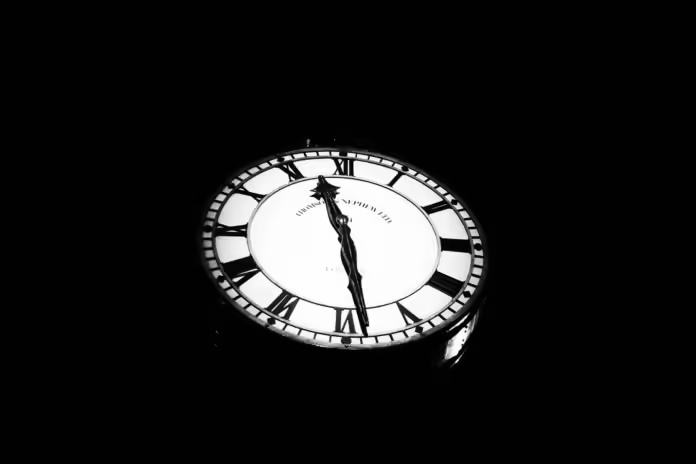CALIFORNIA— On Nov. 3, clocks will ‘fall back’ and we will gain an hour as part of daylight saving time which ends at 2 a.m. This means sunrise and sunset will occur about an hour earlier that day too. This extra hour of sleep isn’t all good news; making this shift in time may actually increase your health risks.
“There is a fair amount of convincing evidence that the abrupt switching from standard time to daylight saving time is associated with several health and social risks and consequences. Specifically, the first few days of such change are fraught with increased traffic accidents and a significant uptick in fatal crashes with a hefty price of up to 300 deaths a year,” said Dr. Jim Keany, Chief Medical Officer, St. Mary’s Medical Center in Long Beach. “In addition, heart attack and stroke risks increase. Moreover, transitioning both into and out of daylight saving time has been linked to a myriad of sleep and mood disturbances as well as suicide.”
Extended evening light delays the brain’s release of melatonin, the hormone that promotes drowsiness, which in turn interferes with sleep and causes us to sleep less overall. “Despite our lack of understanding as to the exact reason, we believe it may have something to do with the disruption of the body’s internal clock, or its circadian rhythm,” added Dr. Keany.
Researchers have also noted negative effects that occur during the transition from DST to
Standard Time in November when it gets darker earlier. In addition to sleep loss, people are at greater risk of mood disturbance, miscarriages, and other health problems.
Because of the adverse effects of DST on sleep, the American Academy of Sleep Medicine advises that adults obtain at least seven hours of sleep per night preceding and following DST changes.
Graduated adjustment of sleep and wake times beginning 2-3 days before DST can also help with this transition. When performing activities that require maximal alertness, individuals also should exercise particular caution for at least seven days following DST changes.



